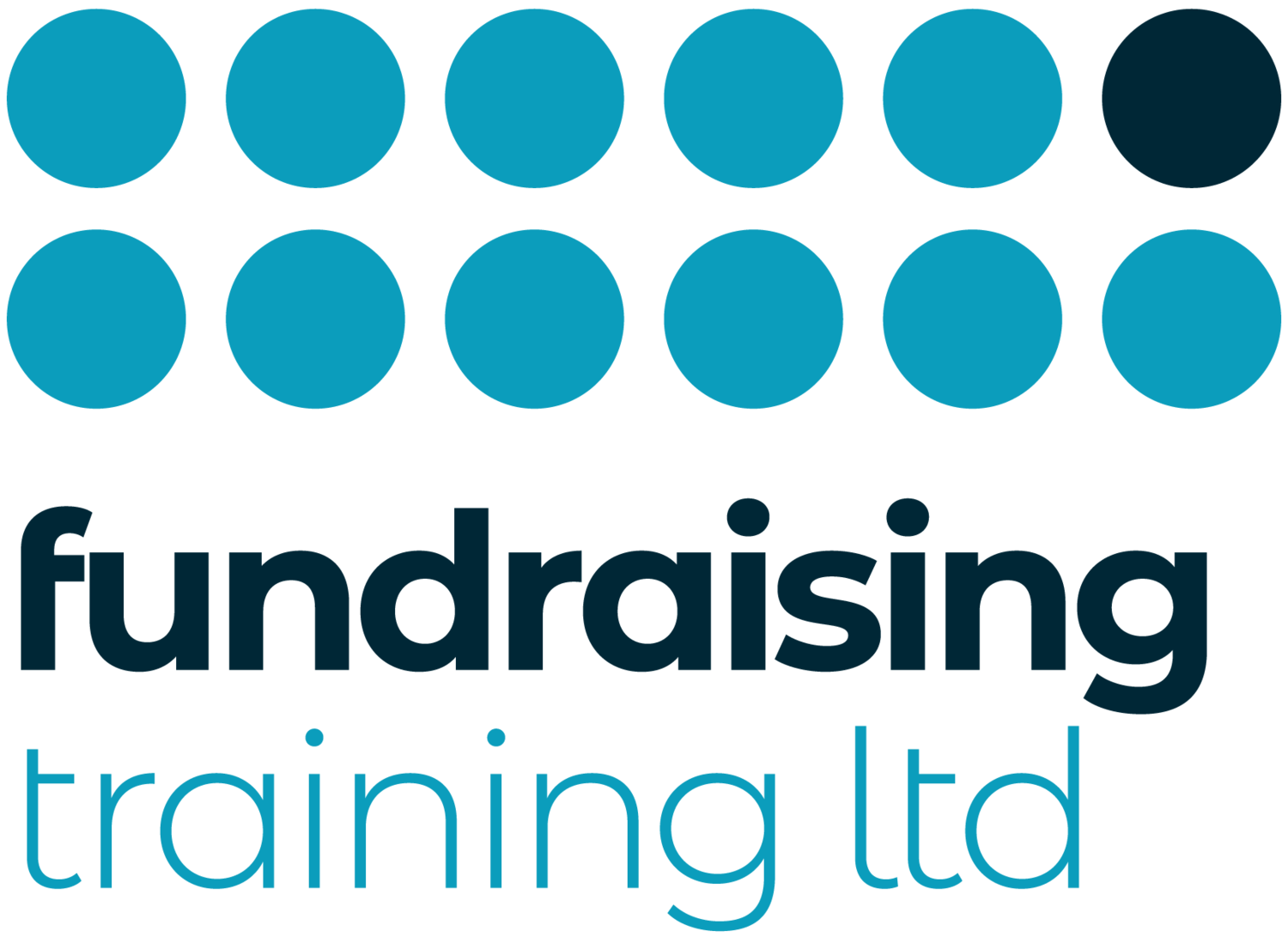The Stewardship Toolkit
Cluster 4
In this cluster we will take you through the essential techniques of successful donor stewardship. Firstly, we’ll look at the role of networking to reach new donors. We will then explore how you develop rapport with a donor – the crucial first stepping-stone in building a relationship. From there we will cover negotiating and asking for money. This is an intense and powerful cluster that will be relevant for all fundraisers who have to meet donors, whether they are Foundations, government representatives, corporates or individuals.
Pod 4.1: Networking
You need to master the skills of ‘fishing’ for donors, especially the art of networking in this new normal.
Learning Outcomes:
Understanding of the process of networking.
Ability to use a range of techniques across the networking process.
Process:
It’s hard to get donors to visit your organization (even more so these days) and it’s always a challenge to get a 121 opportunity to meet a donor in their location. The most common way of meeting donors is through networking in ‘neutral territory’. This session will explain the universal process of networking and the enduring techniques. We will show how these constants can still be applied in the new normal of communications.
Pod 4.2: Building Rapport
Rapport is the first step in relationship building, without it you will never get to meet your donors or submit invited proposals.
Learning Outcomes:
Ability to use a three-step process for every conversation with a new contact.
Ability to assess and set targets for improved rapport with donors.
Process:
There is no magic formula for an engagement event which will entice all donors to meet you. This is even more challenging in the current environment. However, pre-existing rapport between the asker and asked is a fundamental for all donor engagement. This session will equip you to manage a conversation with a stranger which will reveal any connection between you both (that essential foundation stone of rapport). This process works by phone, email and face-to-face.
We will also reveal a tracking system which will measure how you are building up rapport with your funders (a vital lead indicator of potential funding).
Live online workshop times and dates can be found on our booking platform
Pod 4.3: Negotiating
It’s crucial to engage your donors in your developing proposal, to know when to compromise and when to stand your ground.
Learning Outcomes:
Ability to use a proven six-step process for managing a face-to-face negotiation.
Understand when to use listening skills and when to be persuasive.
Ability to work collaboratively as a team to engage donors – to establish your own ‘hit squad’.
Process:
Whether you are meeting face to face, or using video communications, you need to have a ‘game plan’ for negotiating with funders and partners. This session will take you through a time-honoured six-stage process that will give you mastery of any negotiation. We’ll use a case study to show how you can move from informal greetings to a commitment. This pod will build upon ideas that are in the other learning pods on ‘Networking’ and ‘Building Rapport’.
Pod 4.4: Asking for Money
The final act: ‘when to ask and when not to ask’.
Learning Outcomes:
Understanding of the five ways to ask for a commitment.
Ability to predict which technique to use with which donor.
Understanding of your own ‘asking comfort zone’ and how you need to expand your repertoire.
Process:
We’ll start with examples of asking for money and then reveal the five ways of asking for a commitment. As a fundraiser, you need to be able to use all of them and not be limited to one or two techniques. You need to predict which options are appropriate for which donors. We’ll start with examples to show the techniques, move onto case studies for you to practice using the full repertoire, moving on to a chance to prepare an ‘ask’ with one of your own donors.
Click to head to our booking platform
Cost: This live online cluster of four workshops costs £199







